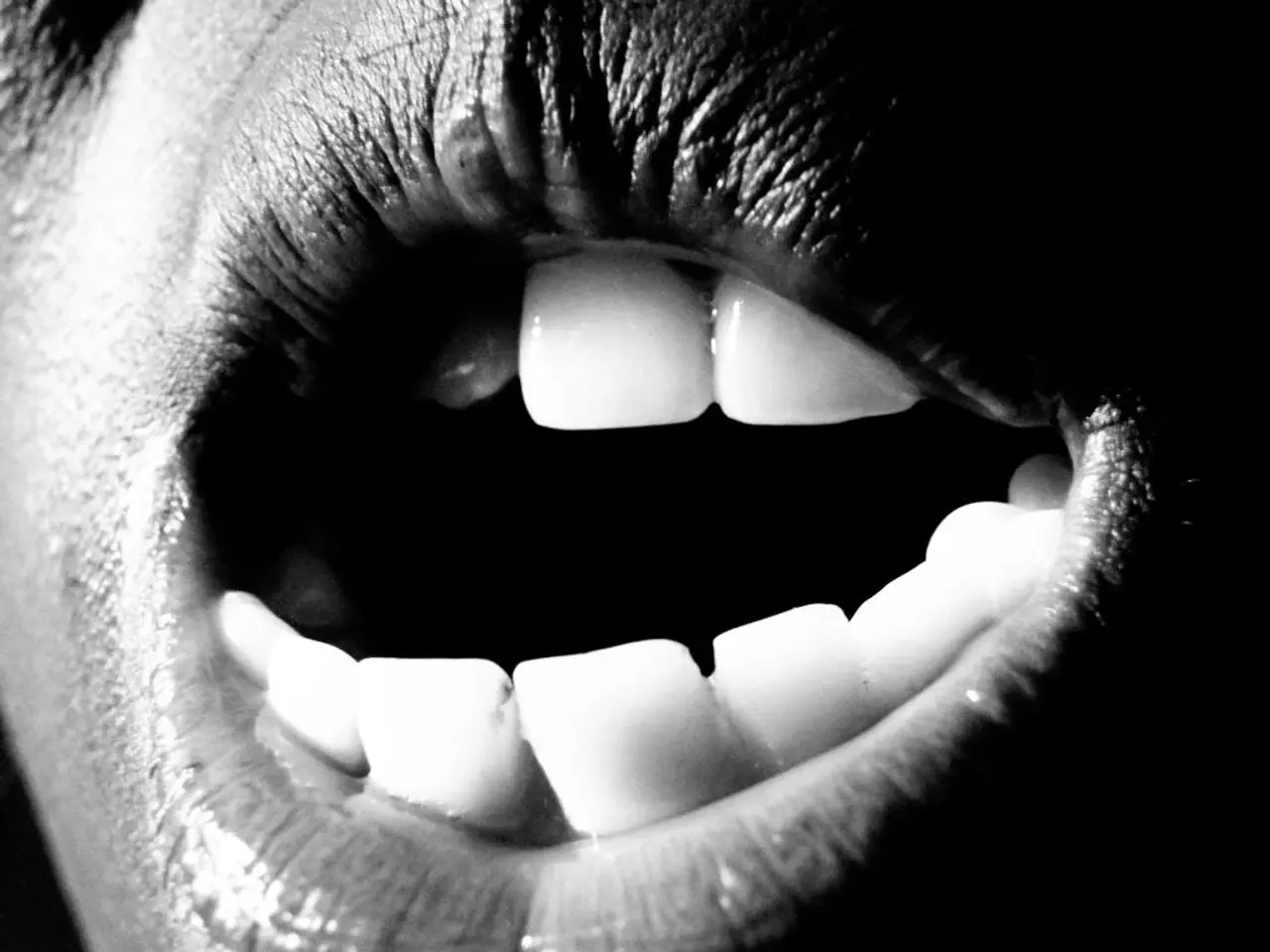Nighttime dry mouth: Reasons and remedies
Dry mouth, medically known as xerostomia, can be a common and uncomfortable condition, particularly at night. This article explores the causes and treatment options for dry mouth, providing valuable insights for those experiencing this issue.
In older adults, dry mouth can occur due to dehydration or as a side effect of certain medications. However, dry mouth at night can have specific causes, such as reduced saliva production during sleep, mouth breathing, the use of CPAP machines, and various medications. Other factors include lifestyle choices like alcohol intake, tobacco use, caffeine, and insufficient hydration. Medical conditions like diabetes, autoimmune diseases, and aging can also impair saliva production.
To combat dry mouth at night, improving hydration by drinking adequate water during the day is crucial. Addressing nasal congestion through treating allergies or nasal blockages can also help reduce mouth breathing. Humidifying the air at night, especially for CPAP users, can keep the air moist and minimize dryness. Modifying CPAP settings, such as adjusting humidity levels and ensuring the mask fits properly, can further help.
Consulting with a doctor about changing or adjusting medications that cause dry mouth is essential. Limiting alcohol, tobacco, caffeine, and avoiding sugary or acidic foods before bed can also aid in managing dry mouth. Stimulating saliva flow through activities like chewing sugar-free gum or sucking on xylitol-based candies can help increase saliva production. Over-the-counter saliva substitutes or oral moisturizers can also provide relief and protect oral health.
If dry mouth persists despite these measures, it's important to consult healthcare professionals to diagnose underlying medical conditions like sleep apnea or autoimmune disorders and receive targeted treatment. For instance, people with Sjogren's syndrome may require medications like pilocarpine (Salagen) and cevimeline (Evoxac) to reduce dry mouth and encourage saliva production.
In some cases, people may need surgery to widen the nasal passages if they have severe difficulty breathing through their nose. Antihistamines, decongestants, and antibiotics can help treat allergies, infections, and bacterial infections associated with dry mouth.
Maintaining good oral hygiene, flossing daily, brushing the teeth twice a day using fluoride toothpaste, and more frequent dental check-ups can help reduce the risk of dental cavities associated with dry mouth.
In conclusion, understanding the causes of dry mouth and implementing appropriate treatment strategies can significantly improve the quality of life for those affected. If dry mouth becomes painful, affects sleep, or increases the incidence of dental cavities without any change in dental routine, it's important to seek medical advice.
- Dry mouth, often due to reduced saliva production during sleep, may evolve into a more severe issue in older adults, especially those with certain medical conditions like bipolar disorder and Alzheimer's disease, as the science behind these health issues can impact saliva production.
- A well-hydrated lifestyle, through ample water intake during the day, can be beneficial for individuals seeking workplace-wellness solutions to combat dry mouth, particularly as it persists at night.
- Fitness-and-exercise routines can aid in managing dry mouth, as a healthier lifestyle can encourage better mental health, leading to improved saliva production during sleep.
- Skin-care regimens should include extra hydration, as dry skin may be an indication of dehydration, which can deteriorate sleep and exacerbate dry mouth.
- As certain therapies-and-treatments have been shown to improve conditions related to dry mouth, it is important to consult with healthcare professionals for appropriate medications like pilocarpine (Salagen) or cevimeline (Evoxac), especially for those with autoimmune disorders like Sjogren's syndrome.
- More often than not, nutrition plays a crucial role in overall health maintenance, as a well-planned diet, limiting alcohol and caffeine intake, and avoiding sugary or acidic foods can help maintain saliva production and soothe a dry mouth.




